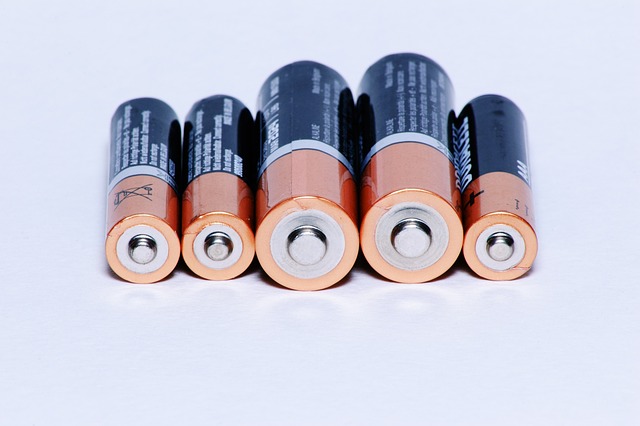As our world becomes increasingly conscious of environmental issues, the movement toward sustainable living has never been more critical. For those with a passion for gardening, integrating green energy sources into your outdoor space can contribute significantly to both ecological health and personal fulfillment. Embracing an eco-friendly gardening lifestyle means embracing nature in its purest form—where every seed sown and every inch of soil nurtured resonates with the rhythms of the Earth.
Utilizing green energy sources in your garden not only reduces your carbon footprint but also promotes a healthier ecosystem. Imagine a garden where the sun not only nurtures your plants but also powers your tools! Solar panels can be installed to power garden lights, irrigation systems, and even small electric tools. By harnessing the power of the sun, you can reduce reliance on fossil fuels and create a sustainable energy source right at your fingertips.
Wind energy is another fantastic way to tap into nature while gardening. Installing a small wind turbine can help power garden pumps or other equipment, especially if you live in a breezy area. The gentle whir of a turbine blending with the rustling leaves creates a serene atmosphere—the perfect backdrop for your gardening efforts. This not only sweetens the ambiance of your garden but also serves as a gentle reminder of the importance of eco-conscious living.
Composting is another essential practice that resonates with the eco-friendly ethos. By turning kitchen scraps and garden waste into nutrient-rich compost, you can reduce waste while enhancing soil health. This process, while not a direct green energy source, is indeed energy-efficient, as it cuts down on the emissions associated with transporting waste to landfills. Plus, the joy of nurturing the soil with your own compost is an invaluable experience that connects you more deeply with nature.
Rainwater harvesting deserves a dedicated mention on this path toward an eco-friendly gardening experience. Collecting rainwater not only conserves water but also empowers you to use a natural resource that is otherwise lost. This unprocessed, pure water is ideal for your plants and gardens, providing them with the hydration they need without depleting your local water table.
Many gardeners are increasingly turning to permaculture practices that work in harmony with the environment. By designing gardens that mimic natural ecosystems, you can reduce the need for external inputs, from fertilizers to water. Creating a self-sustaining garden allows you to nurture plants and wildlife alike, promoting biodiversity and fostering a meaningful connection with the natural world.
As you venture on your journey towards becoming an eco-friendly gardener, remember that every small action counts. Whether it’s using green energy sources, practicing sustainable methods, or fostering an environment that encourages wildlife, each step enhances the overall health of our planet. Celebrate the beauty and responsibility that comes with gardening, and let the principles of sustainability and stewardship guide your hands as you cultivate your personal oasis with love for the Earth.




